The form most contradictory to human life that can appear among the human species is the self-satisfied man
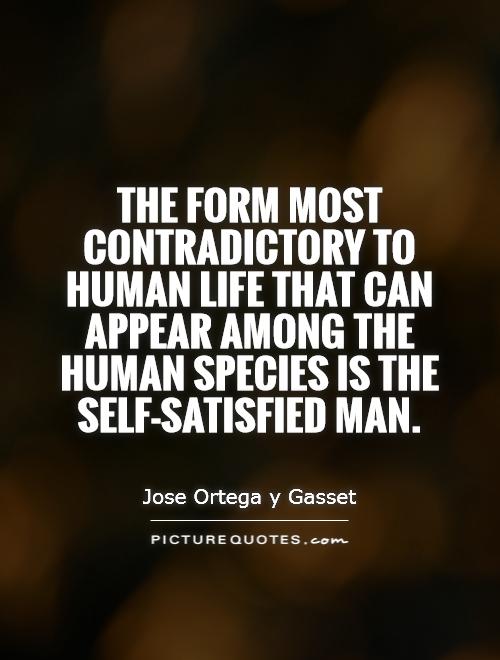
The form most contradictory to human life that can appear among the human species is the self-satisfied man
In the context of José Ortega y Gasset's philosophy, the idea that the form most contradictory to human life is the self-satisfied man holds significant weight. Ortega y Gasset was a Spanish philosopher who believed in the importance of individuality, self-awareness, and the constant pursuit of self-improvement. He argued that human beings are constantly evolving and should never become complacent or satisfied with their current state.The self-satisfied man, according to Ortega y Gasset, is someone who believes they have reached the pinnacle of their existence and no longer need to strive for growth or improvement. This attitude is not only detrimental to the individual but also to society as a whole. Ortega y Gasset believed that human beings are inherently dynamic and should always be seeking to better themselves and their surroundings.
The self-satisfied man is a dangerous figure in Ortega y Gasset's philosophy because they are closed off to new ideas, experiences, and perspectives. They are content with their current state of being and are unwilling to challenge themselves or engage in self-reflection. This stagnation can lead to a lack of empathy, creativity, and innovation, ultimately hindering the progress of society as a whole.
Ortega y Gasset believed that true fulfillment comes from embracing the uncertainty and challenges of life, rather than seeking comfort and security. He argued that human beings are at their best when they are constantly pushing themselves out of their comfort zones and striving for personal growth. The self-satisfied man, in contrast, is stagnant and resistant to change, which ultimately leads to a life devoid of meaning and purpose.



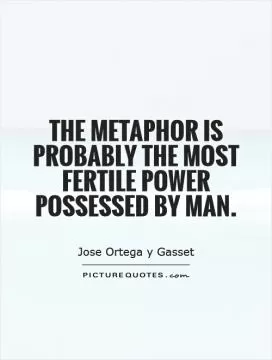
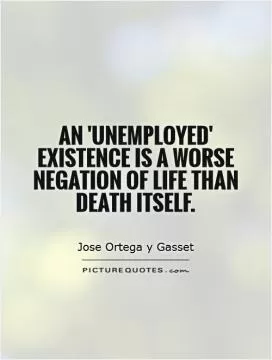


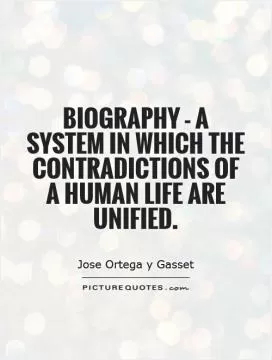


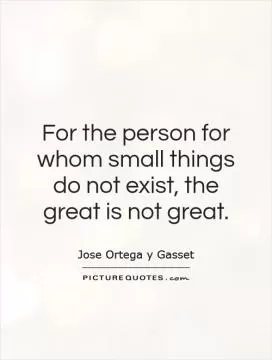

 Friendship Quotes
Friendship Quotes Love Quotes
Love Quotes Life Quotes
Life Quotes Funny Quotes
Funny Quotes Motivational Quotes
Motivational Quotes Inspirational Quotes
Inspirational Quotes